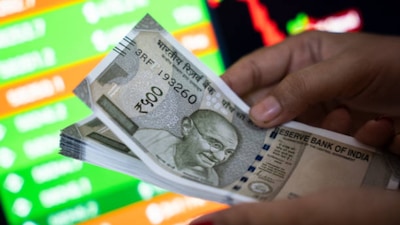By Jamal Mecklai
Boy, that was quick. The rupee had slipped from a wobbly 83+ before Trump’s election through 84 and accelerated through 85, and finally, on Monday morning, fell screaming through 86 to the dollar. The Trump dollar, with the DXY shooting for 110 and beyond, midwifed this process, as did the new RBI governor, who appears to have recognised that continuous intervention was simply burning up reserves and creating extremely difficult domestic liquidity conditions.
Obviously, the rapidly weaker rupee is going to fan inflation, particularly as, in general, oil imports are not hedged forward; again, other commodities, like edible oils are hedged, if at all, only to the next shipment. We can wave goodbye to any interest rate cuts in the near term and brace ourselves for continuing high prices.
Also ReadMonday mayhem! Nifty, Sensex close 1.4% lower; Nifty Midcap 100 nosedives 4%
Exporters are, of course, sitting pretty, since many of them — even those with well-defined structured risk management programmes — backed away from hedging over the past few months. However, it is likely that seeing the sharp decline in the currency, some of them may have to contend with price reduction demands from their customers.
Clearly, the market has taken charge sensing structural weakness in RBI’s policies, so the first order of business is for the RBI to find a way to communicate to the market that it is back in charge. More and indiscriminate intervention is not the answer – it may lie in a combination of approaches, including launching another high-yield NRI deposit/bond programme.
The real lesson for the RBI is that Indian markets are now sufficiently open to where trying to control/manage them will increasingly be a losing proposition. It is better to actually take positive steps to further deregulate – for instance, reversing the futile and counterproductive ban on exchange-traded derivatives – and to encourage users to build and develop more effective risk management skills. Thus, size constraints on derivatives should be reviewed and importantly, bank audits should be redesigned to ensure that banks are not charging excessive spreads to small companies, who are ultimately an important strand in the lifeblood of the economy.
But, I guess the burning question is where do we go from here, and,
» Read More


